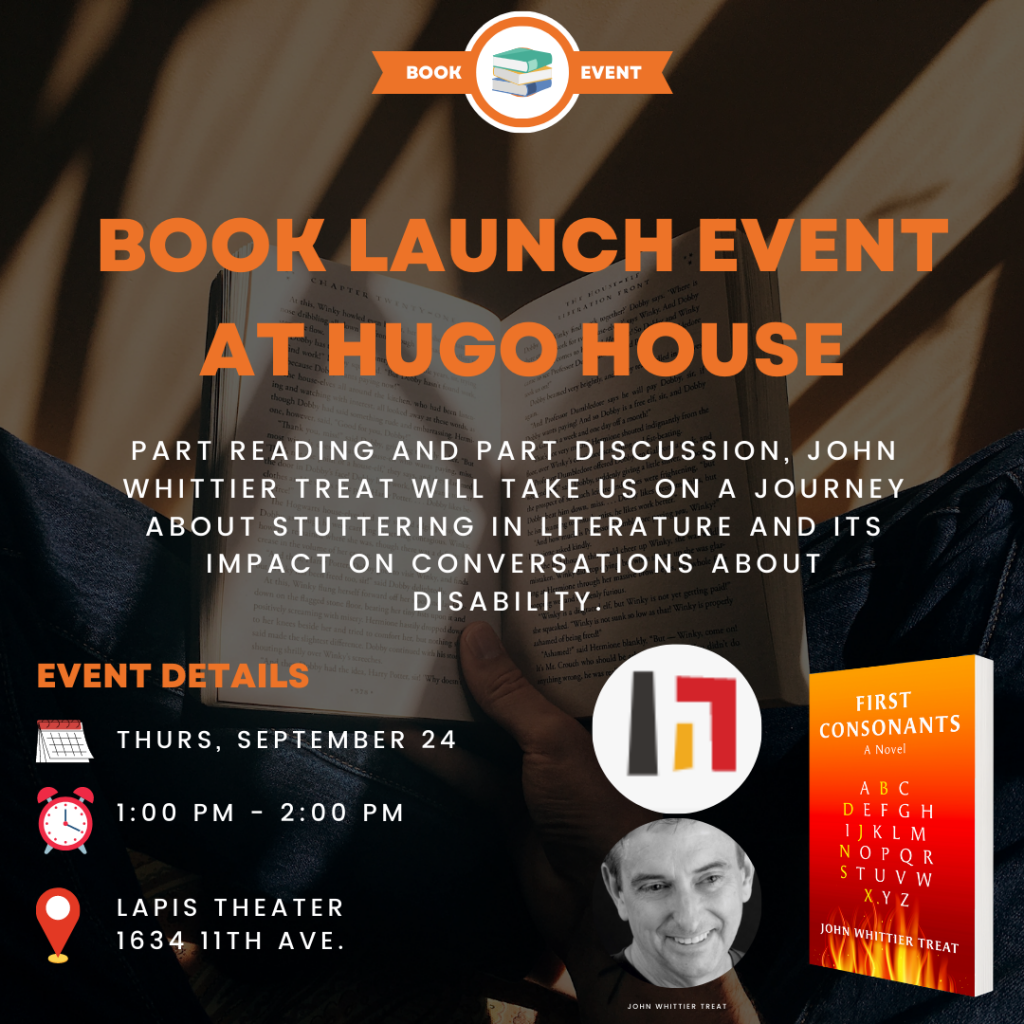When I was in 5th grade, my mom spent hours working on a middle-grade novel. These were the days before word processing, so she used an old Smith Corona electric typewriter. It became a fixture on the dining room table.
Eager to follow in her footsteps, I conceived my own novel. I bought a spiral-bound notebook and wrote on the cover, “The Adventures of SuperDog.” On the first page, I wrote, “Chapter 1.”
And so I began to describe how SuperDog came into existence. I mean, it was important to explain the hows and whys of how such a creature came to be, right? This took at least one page.
Then I started thinking of all the other questions his existence raised. How did he manage to buy and supply himself with food on a consistent basis? How did he come to have all of his resources? Where did his magical bone come from? What events led him to getting his powers? This consumed at least Chapters two and three, from what I recall.
I was obsessed with explaining as logically and clearly as possible the ins and outs of this creature, and getting all the day-to-day questions settled, so that readers wouldn’t be confused.
It was pretty boring — so boring, in fact, I stopped around Chapter six or seven. I can’t even remember what the story conflict was. I was too obsessed with the proper setup.
I was too young to know it at the time, but the stuff I was writing was really prep work — character background, setting / environment details, world-building rules — stuff that I needed to know to write the real story, but not something I should dump in the first chapters.
My inclination with SuperDog is the inclination most writers have when approaching their first manuscripts: I’ve got to show how this world came to be. I need to put in this explanation of why this person is how they are now. I need to show what everyday life is like. I need to… ZZzzzzz.
It’s OK to leave stuff out. You have to, because if you don’t, you’ll never get to the real story you want to tell. The how-it-all-came-to-be can be related as you go — and some of it can create tension, e.g., “Why is Jeb so nervous whenever he’s around Lucy? When will we learn what happened between them?”
Or: Think of it this way. When you first meet someone new, what do you tell them about yourself? What do they need to know right away? And what will you save for later? You don’t have long to convey your story. A lot must be summarized and left to the imagination — and it’s better that way at the start.





